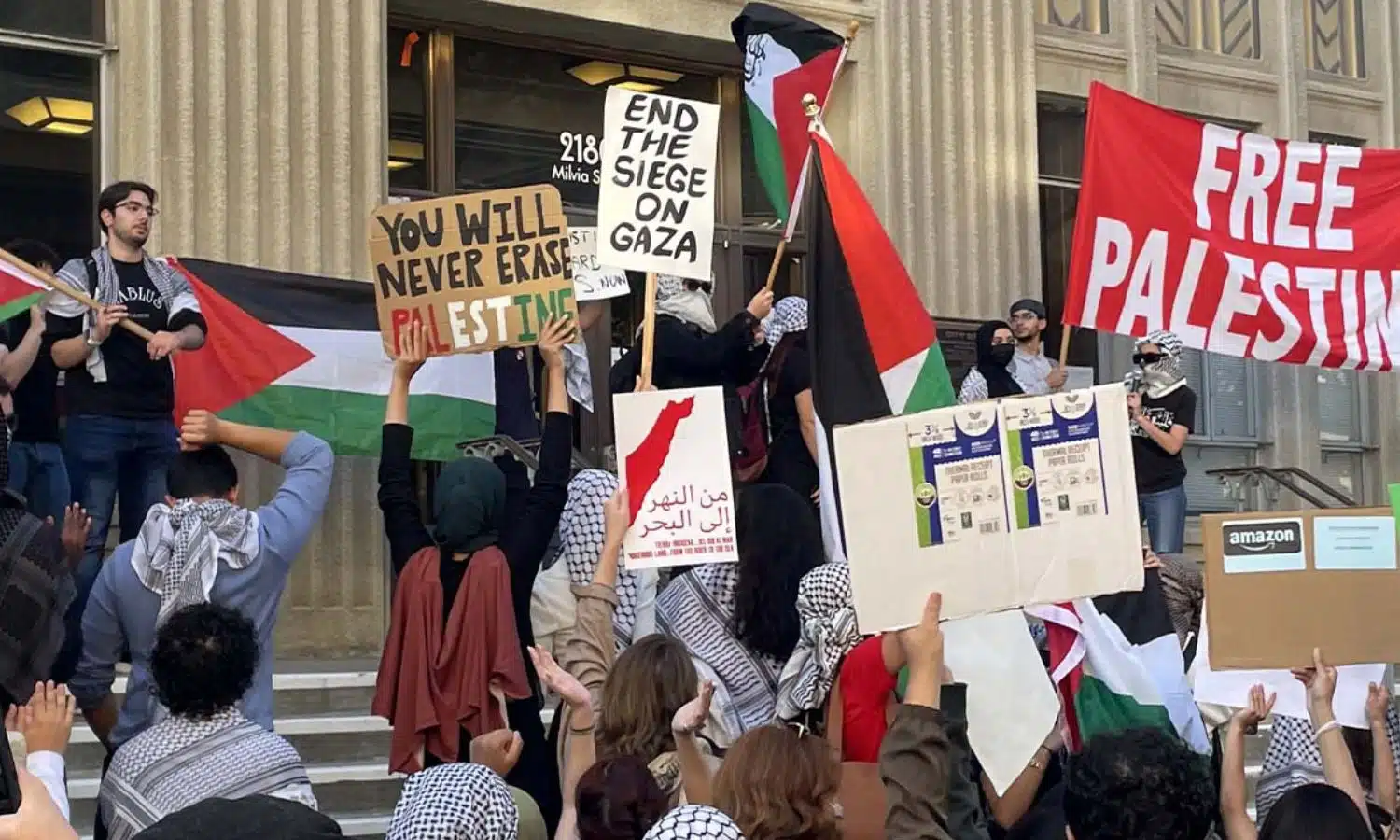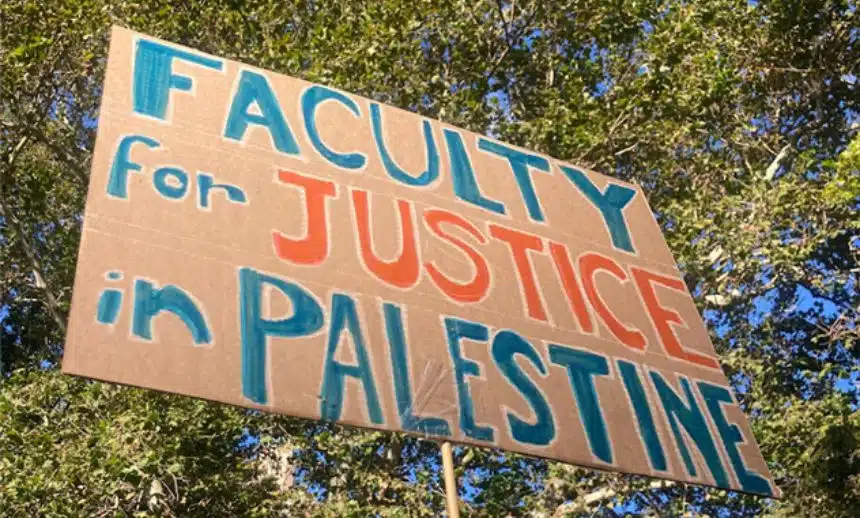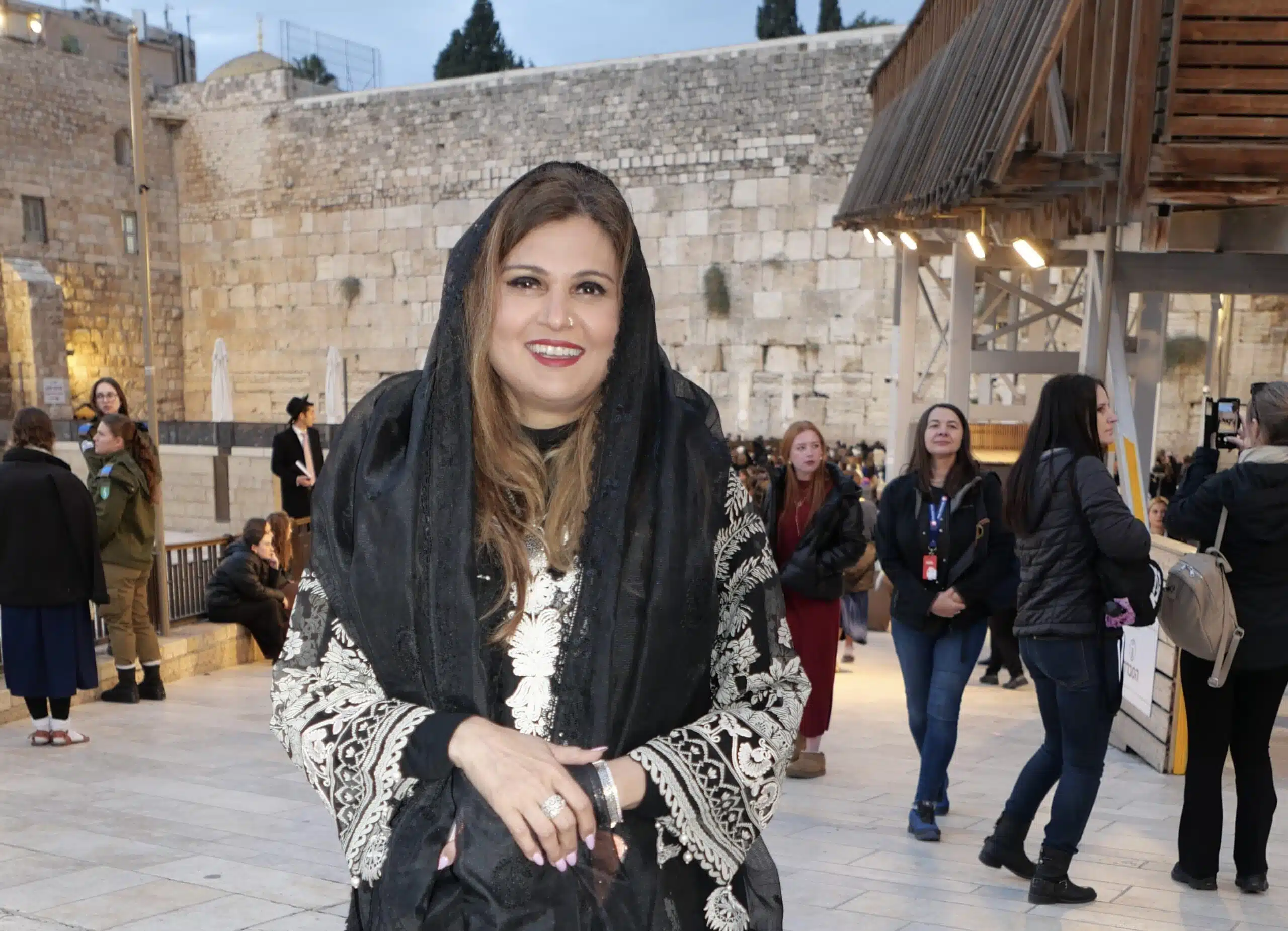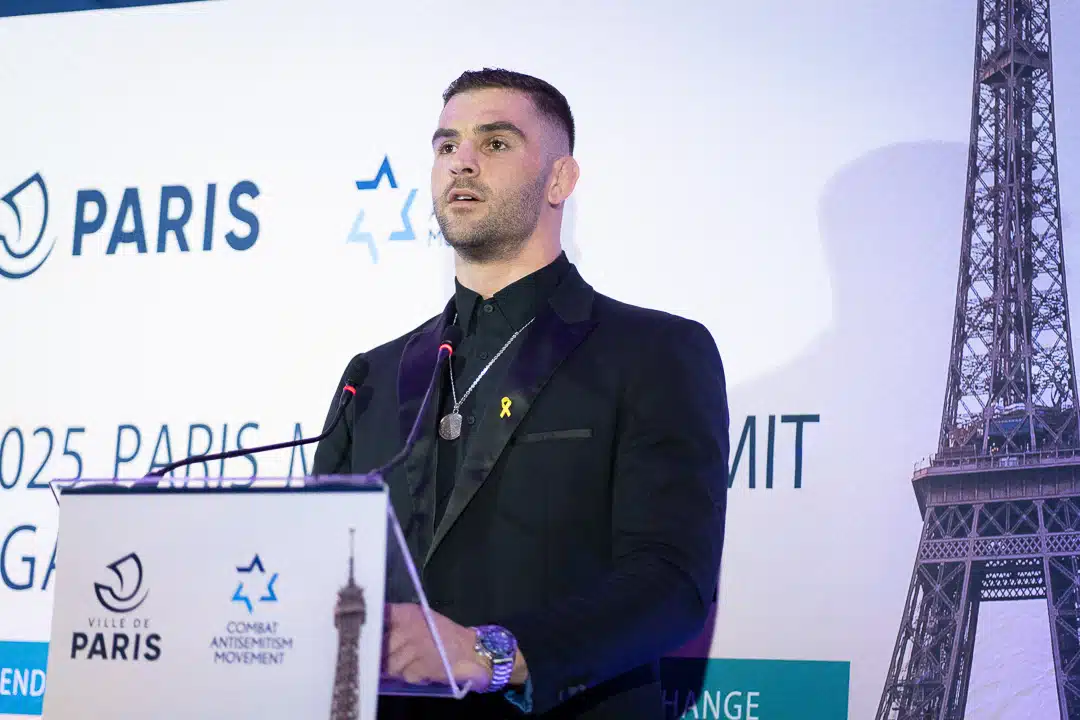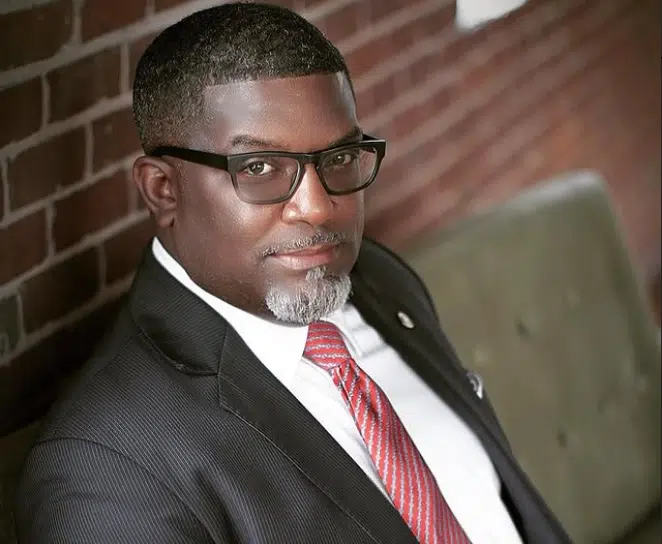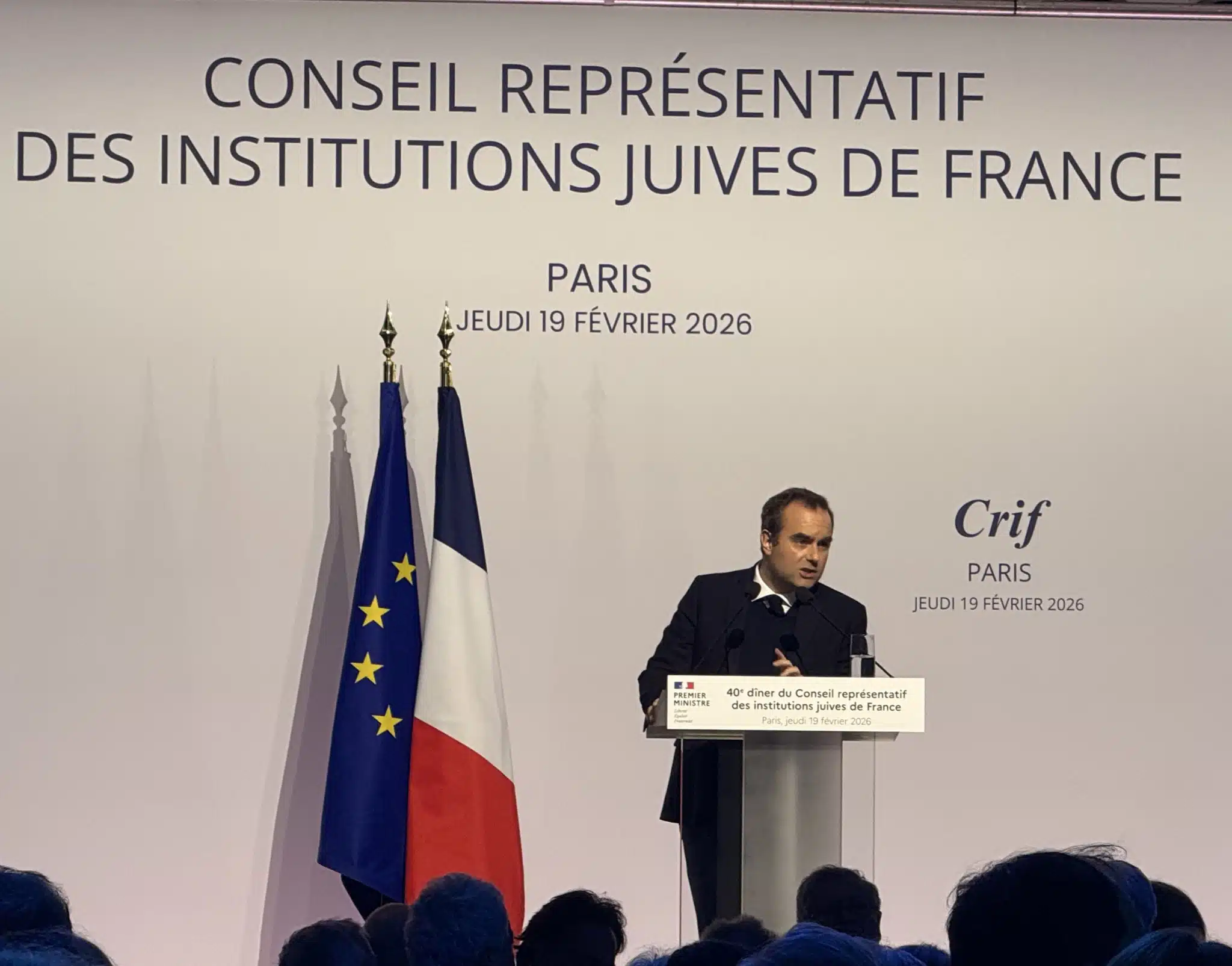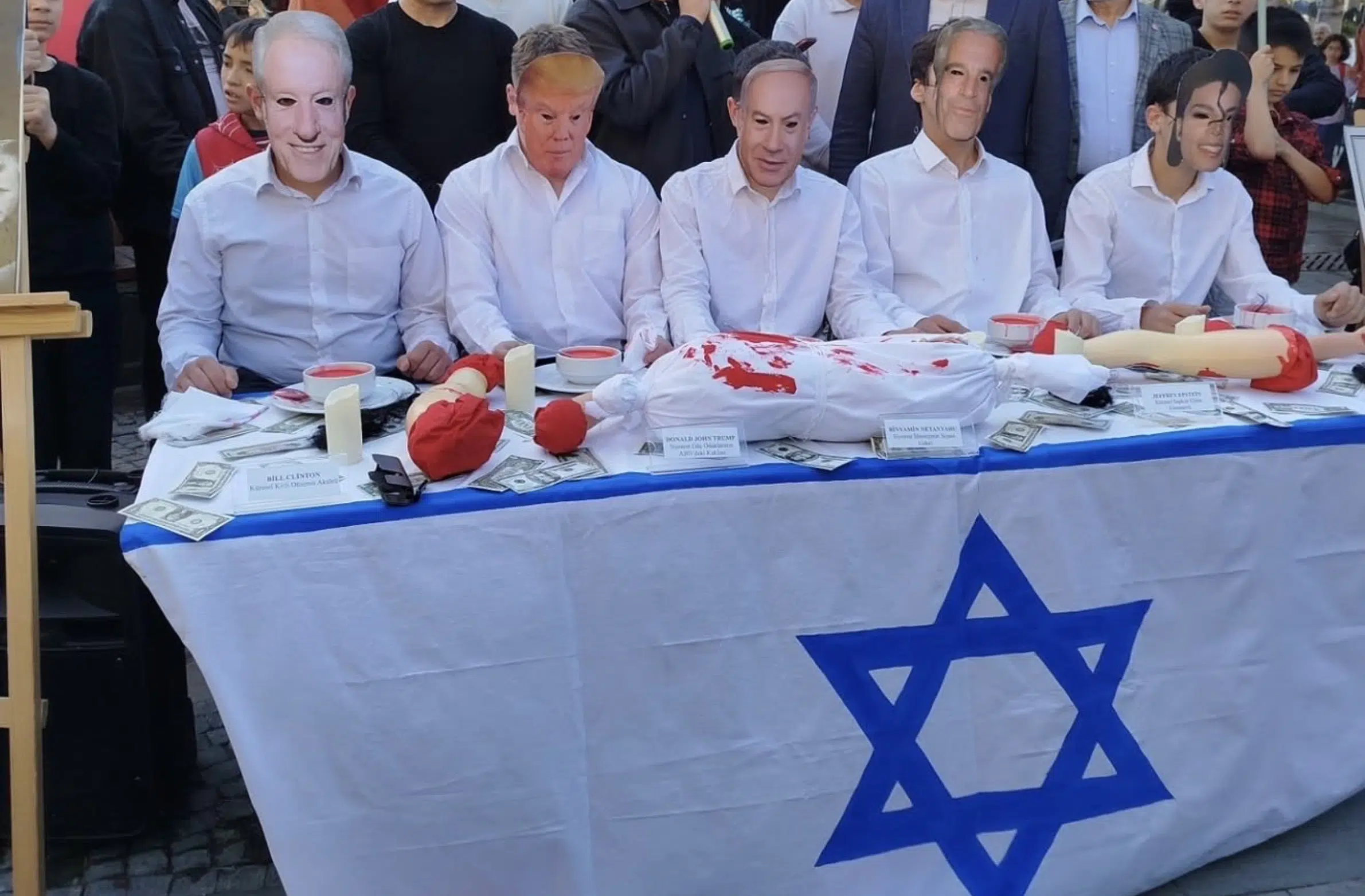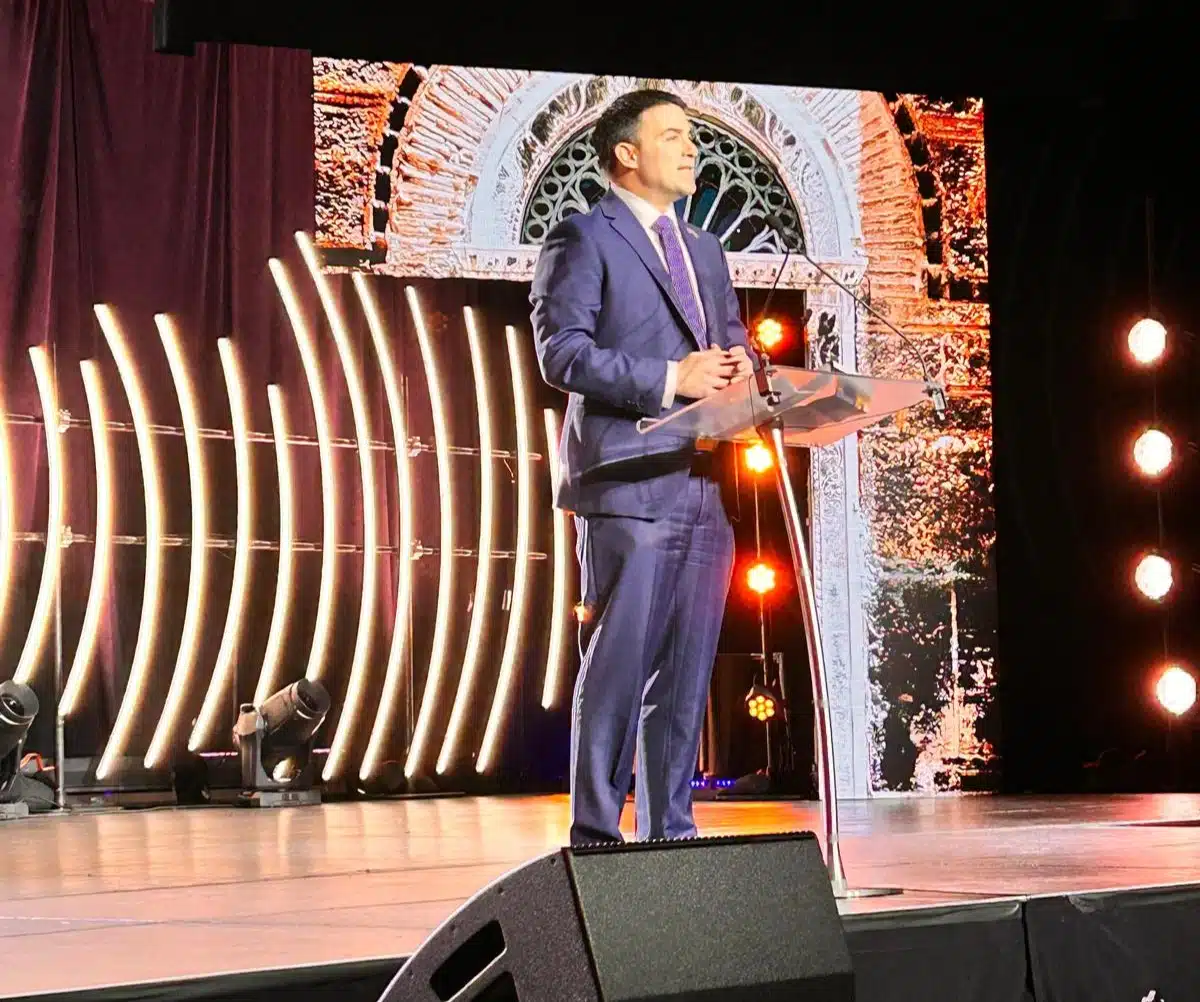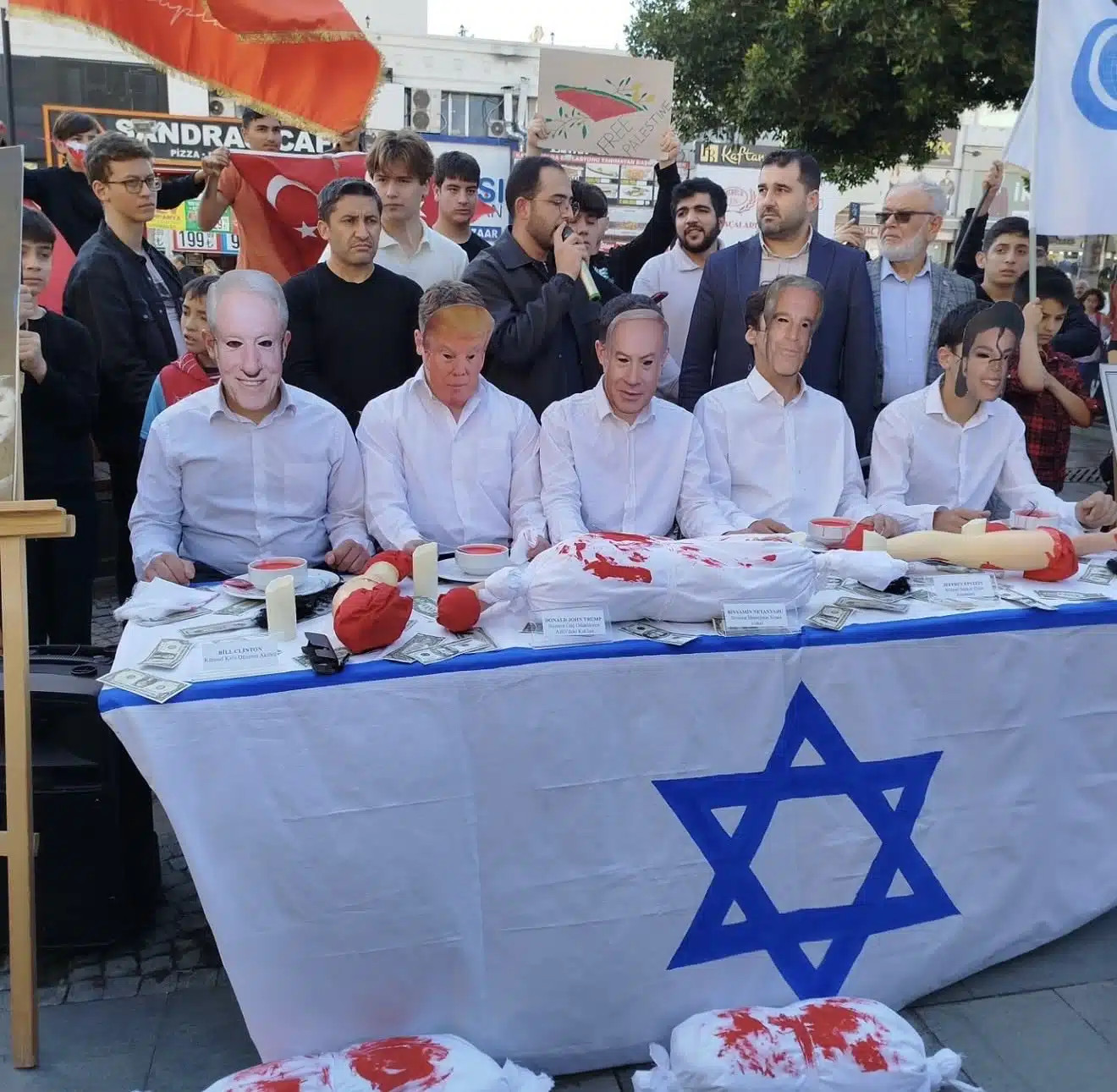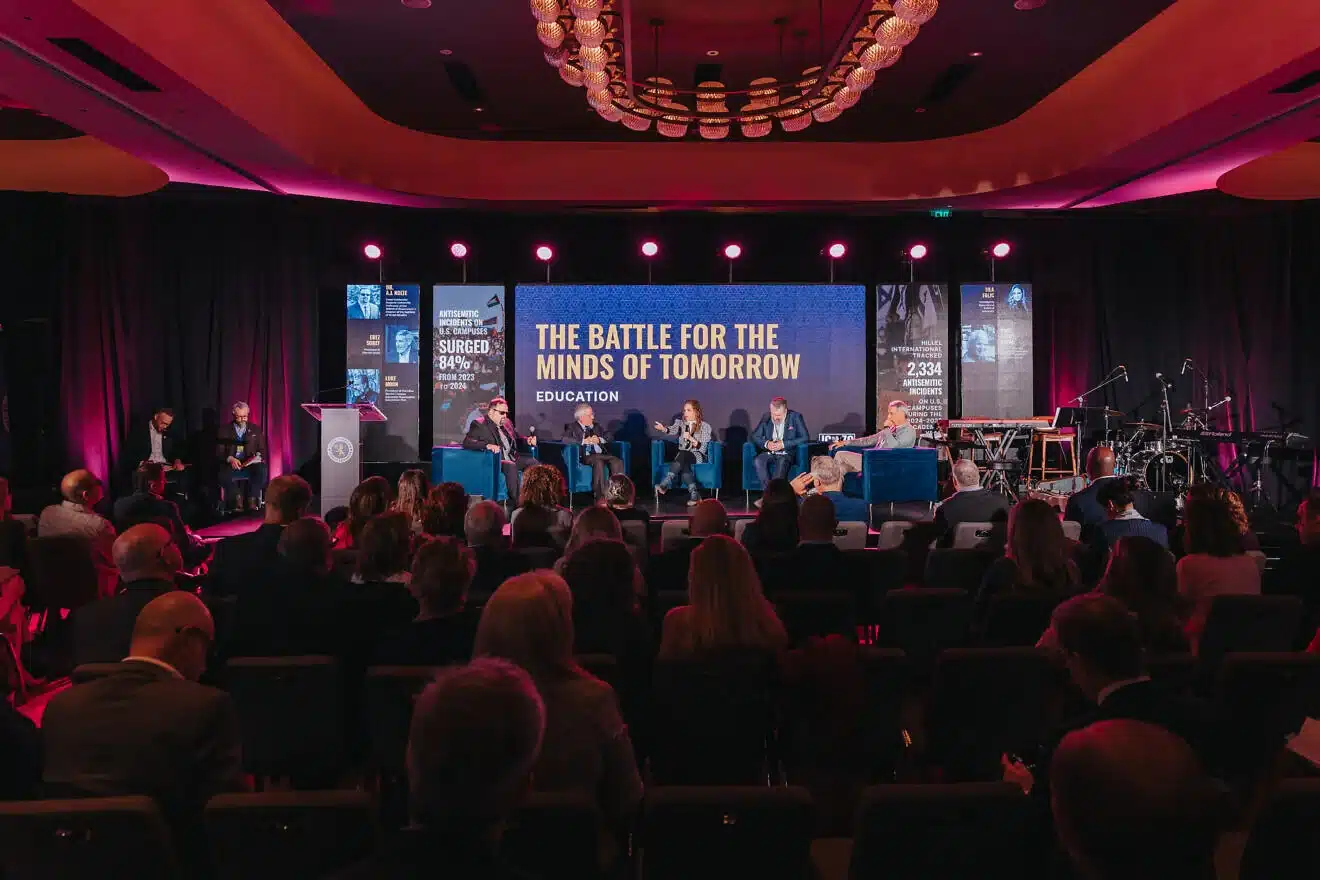|
Getting your Trinity Audio player ready...
|
A report published in March by the AMCHA Initiative revealed there had been a more than 1,000% surge in anti-Zionist activities by University of California faculty members and graduate students in the aftermath of the October 7th Hamas massacre in Israel.
Amcha Initiative Co-Founder and Director Tammi Rossman-Benjamin recently spoke with the Combat Antisemitism Movement (CAM) about the findings of the report and the current state of antisemitism on college and university campuses in the state of California and across America.
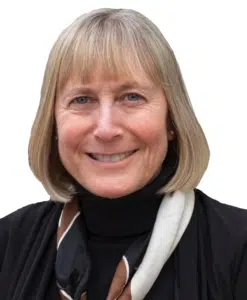
What was the most important takeaway from the latest AMCHA Initiative report on the University of California system?
“Just in terms of the quantity, we’re talking about these explosions of antisemitism in general in the wake of the Hamas attack on 10/7. On the California campuses, these explosions were recently estimated to be about a 2,000% increase. It is just unfathomable how much antisemitic activity we’re finding — antisemitic assault, harassment, and vandalism, these things are really just ubiquitous and exploding.”
“Much of the focus has been on anti-Zionist student groups in terms the perpetration of those incidents. People are focused on the immediate actors, who are sort of obvious, the ones who are organizing the loud and sometimes violent rallies and other acts that are hurting Jewish students. The outside actor in all of this has been ‘Students for Justice in Palestine.’ But a lot less attention has been paid to the contribution of faculty to this explosion of antisemitism, particularly anti-Zionist activism and advocacy of faculty that is really fomenting this and inciting and giving academic legitimacy to the antisemitism activity of the student groups like ‘Students for Justice in Palestine.’”
“We looked specifically at anti-Zionist advocacy and activism by faculty on the ten University of California campuses and what we found completely parallel to this explosion of antisemitic activity is this explosion of anti-Zionist activity on the part of faculty. Partly it’s coming from individual faculty, and partly from academic departments, which use their clout and influence and agency as an arm of the university to actually promote anti-Zionism.”
“We also have graduate students who function as instructors, so they are to our mind faculty as well, and they are also increasing their activity. But I think the most alarming piece in what we found is a new actor in all of this, which is a faculty group called ‘Faculty for Justice in Palestine.’ And I think, in some ways, that’s the single most important group right now that is fomenting antisemitism in ways that before the establishment of this group was not nearly as potent as it is now.”
“This group has been established on all ten UC campuses, as well as about 100 other campuses across the country. It’s not individual faculty constrained by academic regulations, or academic departments constrained by administration regulations, and it is playing a huge role in working with student, faculty, and departments, doing political turbocharging and really inciting the antisemitic activity we’re seeing on campuses right now. Personally, I think it’s a game-changer when it comes to campus antisemitism.”
What practical steps can be taken to address this situation?
“I think the steps that need to be taken are administrative. The AMCHA Initiative really believes that what needs to happen, if we want to change what’s happening on campuses, are changes to university policy and law. In the absence of this, I don’t think there will be any substantive change and Jewish students won’t be able to be kept safe, especially now in this climate.”
“A statement by a university president or the formation of a task force, those don’t mean much unless they’re announcing or resulting in a new university policy or a commitment to enforcing said policy.”
“At the University of California, unlike many other universities, there actually are fairly robust policies that say that faculty are not allowed to use their positions and university resources to politically indoctrinate or promote a personal or political agenda. But the problem is that university administrators — chancellors, deans, other levels of university administration — are afraid and do not have the courage to enforce those policies. The faculty are just too strong, threatening, and intimidating, they run the show at university campuses and a lot of people don’t realize the power, clout, and influence that the faculty have. Faculty have tenure, university administrators do not. So if the faculty have a vote of no-confidence in the chancellor, the chancellor is history.”
“Part of why we founded the AMCHA Initiative, my co-founder [Leila Beckwith] and I, is because we were longtime University of California faculty and we understood how problematic faculty were and the extent to which they were the source of the problem when it comes to campus antisemitism. So we’ve been talking about this for a long time, I’ve actually been writing about this for more than 20 years.”
“At least at the University of California, the way to address this is by enforcing your policies. It’s not even that difficult, it’s pretty simple idea. You have policies, just enforce them. But that’s not happening. So what needs to happen is to bring pressure on the regents to actually put in place robust enforcement mechanisms, make the chancellors and universities report back to you they are ensuring that these policies are being enforced and bring up all of the cases in which those policies have been violated, and hold them accountable if they don’t enforce them properly. Because, at this point, UC faculty are really out of control. And it’s happening on other campuses as well, but I have a front-row seat at the University of California.”
In the world of campus antisemitism, what changed and what has remained the same in the aftermath of October 7th?
“Ultimately, like most of the rest of the Jewish world, we see anti-Zionism as antisemitism. But if we can just sort of separate these two things for a minute, it’s actually quite instructive, because we can see how they interact and we can see how the anti-Zionist messaging and ideology leads inexorably to antisemitic activity and activity harmful to Jewish students.”
“We use the IHRA Working Definition of Antisemitism to determine what kinds of rhetoric and messaging are antisemitic. But one of the things we look at is how anti-Zionist/antisemitic speech actually is correlated with actions like assaults on Jewish students and destruction of their property and bullying and harassing them in a campus square, or at a rally, or at a student government meeting, etc. And what we found in all of our studies from the beginning until now is there is a huge correlation between anti-Zionist rhetoric and antisemitic acts against Jewish students. It’s a no-brainer.”
“When you say over and over ‘Israel is an apartheid state’ and ‘Israel is perpetrating genocide’ and all the other dog whistles used on campuses, these actually are creating a hostile and threatening environment and inciting violence against Jews. So it’s irrelevant whether the statement ‘Israel is an apartheid state’ is antisemitic or not. If it’s inciting an act that hurts a Jew, that’s got to stop.”
“What we’ve seen since October 7th is an explosion of antisemitism like we’ve never seen before. Prior to October 7th, we were already seeing unprecedented levels of antisemitic activity on college campuses. There is no other student group, except for Jews, that faces the same kind of coordinated and intense campaigns of harassment over their identity. These are nationally and internationally organized campaigns whose goal is to demonize, delegitimize, and ultimately destroy the Jewish state and rid college campuses of Zionism and Zionists. And yet Jews are among the least protected of campus groups. So it’s this double whammy, with Jews being the most harassed group and least protected group from that harassment. And that was true before 10/7.”
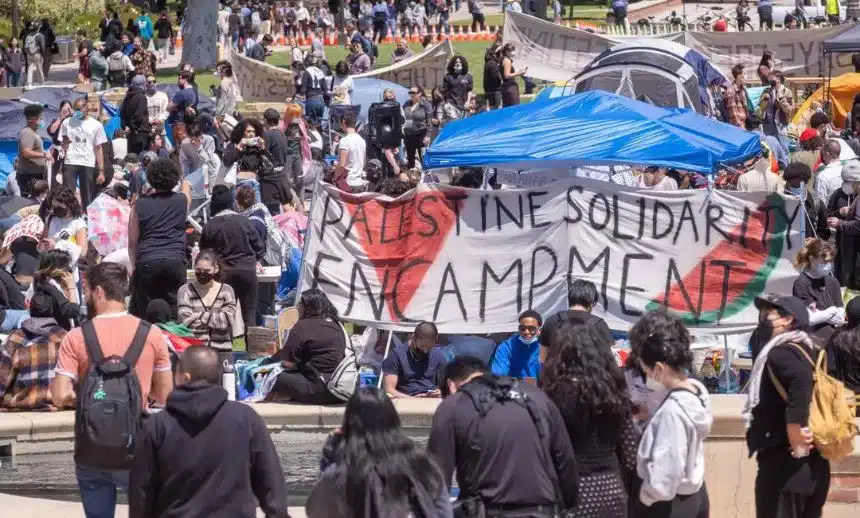
What can alums or the general public due to pressure university administrations?
“With respect to faculty and what they’re doing, we’re trying to get all kinds of pressure on regents to enforce their policies. They have policies, they need to enforce them. And schools that don’t have such policies, they need to establish them. And if they don’t establish them, they’re going to start losing students, they’re going to lose donors, and they’re going to lose public trust, which certainly for a public university is essential.”
“We have to demand equal and adequate protection for Jewish students, in university policy and state and federal law.”
For more information on the AMCHA Initiative, please visit: amchainitiative.org

